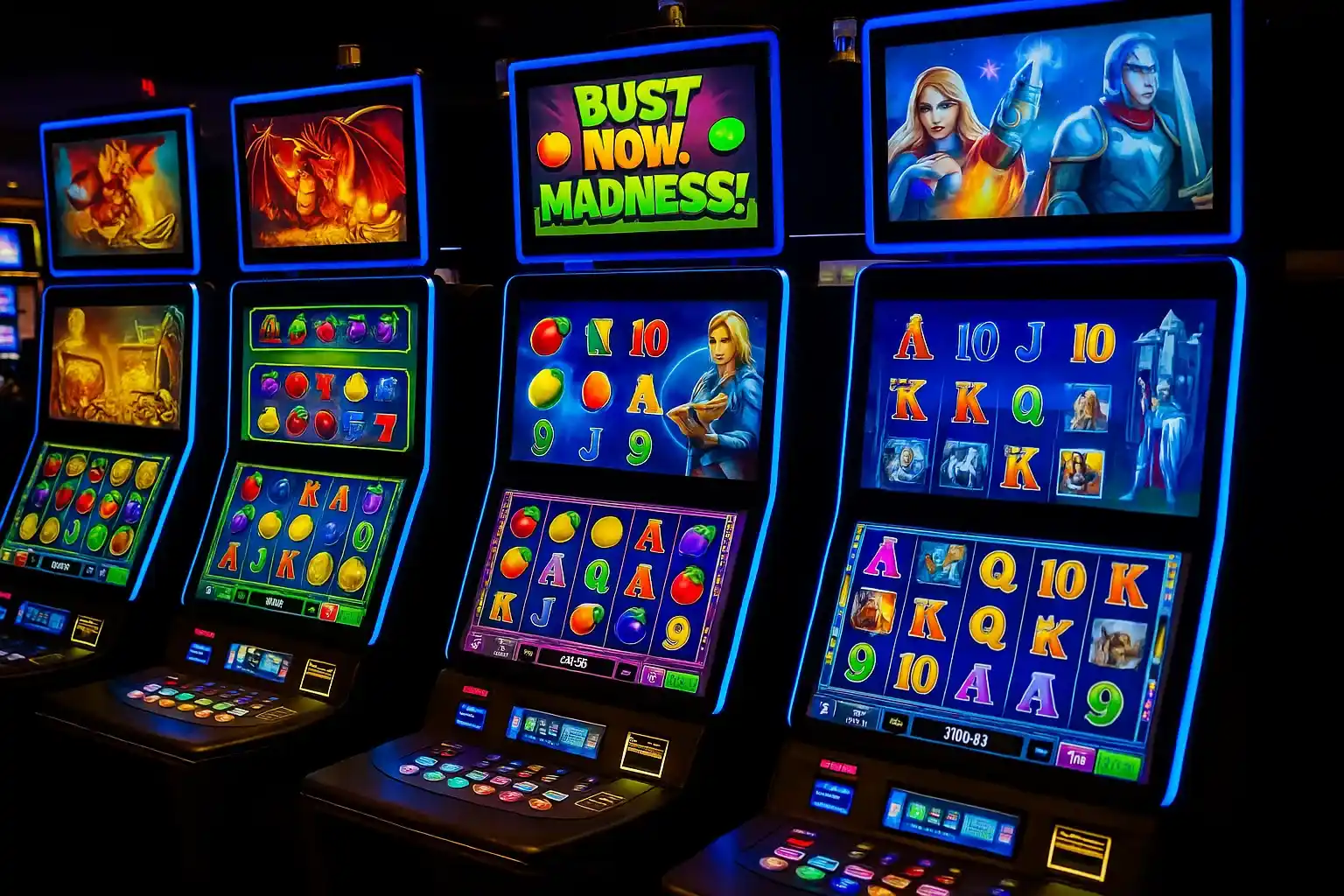Slot machines have long been the symbol of casino gaming, known for their flashing lights, colorful reels, and most importantly—their reliance on pure luck. For decades, players have pressed the spin button without any real influence over the outcome. Yet in recent years, a new trend has emerged: skill-based slots. These games give players the ability to impact results through decision-making, reflexes, or strategy, adding an entirely new dimension to what was once a passive experience. The question now is whether skill-based slots will eventually replace traditional luck-based games altogether.
How Skill-Based Slots Differ from Traditional Machines
The classic slot machine is built around randomness. A random number generator (RNG) determines every spin, making it impossible for a player to control outcomes. The appeal lies in its simplicity—anyone can play without learning complex rules.
Skill-based slots, however, change the formula. These machines blend elements of video gaming with gambling mechanics. For example, a player might spin the reels but then enter a bonus round where shooting targets, matching symbols quickly, or solving a puzzle influences the size of the payout. This gives players a sense of agency that standard slots don’t offer.
In some ways, this mirrors broader trends in the gaming industry. Just as music festivals like the non GamStop casino create experiences that are interactive and immersive, skill-based slots transform slot gaming into something more engaging and personal.
Why Casinos Are Embracing Skill-Based Slots
Casinos are always seeking ways to attract younger audiences, especially those who grew up with video games and mobile apps. Traditional slots, while still popular, can feel repetitive and uninspiring for players who prefer interactive experiences. Skill-based machines offer a bridge between gambling and gaming, appealing to a generation that values engagement over chance.
From the operator’s perspective, these machines also increase time spent playing. The more interactive the game, the longer players stay invested. And with longer engagement comes higher revenue, even if payouts are partly skill-driven. Casinos benefit from offering variety, ensuring both traditionalists and younger players find something they enjoy.
The Balance Between Skill and Chance
One of the biggest debates around skill-based slots is how much influence players actually have. Even in these games, the core outcome often relies on RNG to maintain fairness and regulatory compliance. Skill elements typically apply to bonus rounds or multiplier opportunities rather than the base game.
This balance is important because regulators view gambling differently depending on how much chance versus skill is involved. If outcomes are too heavily skill-based, slots risk being categorized outside traditional gambling, which could complicate licensing and oversight. Casinos, therefore, walk a fine line—giving players enough control to feel engaged, but still ensuring that chance remains a central factor.
Will Skill-Based Slots Replace Luck-Based Games?
The idea of replacement may be overstated. Traditional slots continue to dominate casino floors, both in land-based and online environments. Their simplicity and universal appeal make them difficult to phase out entirely. Many players enjoy the unpredictability of pure chance, and for them, introducing skill might feel like unnecessary complication.
Instead, skill-based slots are more likely to complement rather than replace traditional games. They broaden the casino experience, giving players more options depending on their preferences. Just as table games like blackjack and poker coexist with slots, there is room for both skill-based and luck-based slots in the future.
The Online Casino Perspective
Online platforms have also started experimenting with skill elements. Digital slots with arcade-style bonus rounds or interactive features are becoming more common. In markets where competition is fierce, offering something unique helps casinos stand out.
This trend could also reshape marketing strategies. Online casinos may target players who don’t consider themselves gamblers but are drawn to the video game-like aspects of skill-based slots. In that sense, skill elements could expand the audience beyond traditional gamblers.
Player Psychology and the Desire for Control
One of the strongest arguments for skill-based slots is psychological. Players often crave control, even in games of chance. Traditional slots can sometimes feel frustrating because outcomes are entirely outside the player’s hands. Introducing even small elements of influence makes the experience more satisfying.
At the same time, this added engagement can carry risks. Players might overestimate how much control they have, leading to longer play sessions and higher spending. While this benefits casinos, it also raises questions about responsible gambling and transparency.
What the Next Decade Could Look Like
Over the next ten years, it is likely that casinos will continue to expand their range of skill-based machines, both in physical venues and online. Advances in technology, including augmented reality and mobile integration, could make these games even more interactive.
That said, pure chance slots aren’t going anywhere. Their simplicity ensures they remain appealing to millions of players who enjoy low-effort entertainment. Rather than replacement, the future will likely see a blended landscape where luck and skill coexist in harmony, much like how gaming genres evolve without fully displacing one another.
Final Thoughts
Skill-based slots represent a fascinating evolution in the world of casino gaming. By blending elements of video gaming with the unpredictability of chance, they create a more interactive experience that appeals to modern audiences. Yet, the notion that they will fully replace pure luck games seems unlikely. Traditional slots are deeply ingrained in casino culture and continue to thrive due to their accessibility and universal appeal.
The future of slots is not about one type replacing the other, but about offering players more choice. For those who want control, challenge, and engagement, skill-based slots will provide that. For those who prefer simplicity and suspense, traditional slots will always have a place. Together, they ensure the casino experience remains as dynamic and exciting as ever.




